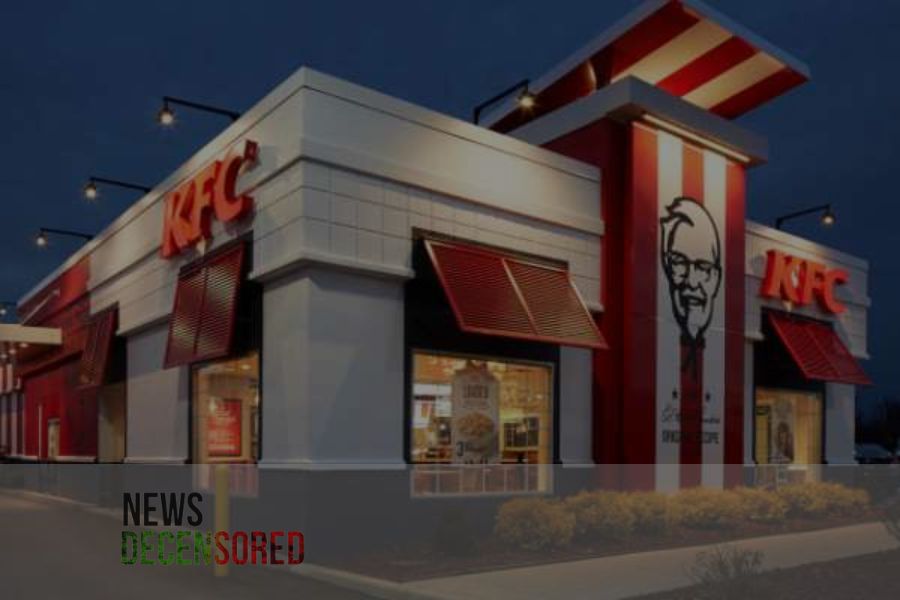The aroma of fried chicken may be missing from over a hundred Malaysian neighbourhoods as Kentucky Fried Chicken (KFC) grapples with a unique challenge – a boycott driven by international solidarity. In the wake of the recent Israeli military operations in Gaza, a wave of support for Palestinians has swept across Malaysia, with KFC outlets bearing the brunt of consumer sentiment.
KFC’s origins stretch back to 1930, when Colonel Harland Sanders, a Kentucky entrepreneur, began perfecting his now-famous fried chicken recipe. Over the decades, KFC has become a global phenomenon, establishing itself in Malaysia in the early 1970s. The brand quickly resonated with Malaysians, offering a taste of Americana alongside familiar flavours.
However, recent events in the Middle East have cast a shadow over this long-standing relationship. With Malaysia boasting a Muslim-majority population, the plight of Palestinians has deeply resonated with the public. A boycott movement targeting American-owned businesses, including KFC, emerged as a powerful expression of solidarity.
According to reports from The Edge Malaysia, a leading financial newspaper, the boycott led to a significant decline in customer traffic at KFC outlets. With this drop in business, QSR Brands, the company managing the KFC franchise in Malaysia, announced the temporary closure of 108 branches. This represents a substantial portion of KFC’s presence in the country, with over 600 restaurants operating nationwide.
While QSR brand emphasised its commitment to Malaysia and its workforce, the decision to close outlets underscores the economic impact of the boycott; the company highlighted its long history in Malaysia, its contribution to the local economy, and its efforts to ensure job security for its Muslim employees.
The closures, visible on platforms like Google Maps, reflect a strategic shift for KFC Malaysia. Thee company aims to maintain efficiency and profitability by focusing resources on busier locations. This move underscores the sensitivity of global brands to local sentiments. Social and political events can rapidly translate into real-world consequences, impacting consumer behaviour and forcing companies to adapt their strategies.
The KFC closures in Malaysia remind us of our world’s interconnectedness. Events in one part of the globe can have ripple effects across continents, shaping consumer decisions and business operations. Whether KFC’s temporary closures will dampen the boycott movement or pave the way for renewed dialogue remains to be seen.
However, one thing is sure: more than the Colonel’s secret recipe may be needed to overcome the power of public opinion and international solidarity.
This incident also raises questions about the future of American fast-food chains in Muslim-majority countries. The boycott in Malaysia highlights the potential vulnerability of these brands to geopolitical tensions. Balancing global brand identity with local sensitivities will be crucial for companies like KFC.
Moving forward, they may need to consider more nuanced marketing strategies that acknowledge and respect the cultural and political realities of the countries they operate in.
Building stronger connections with local communities through targeted outreach and social responsibility initiatives could be vital to fostering long-term brand loyalty and weathering future storms of international sentiment.















